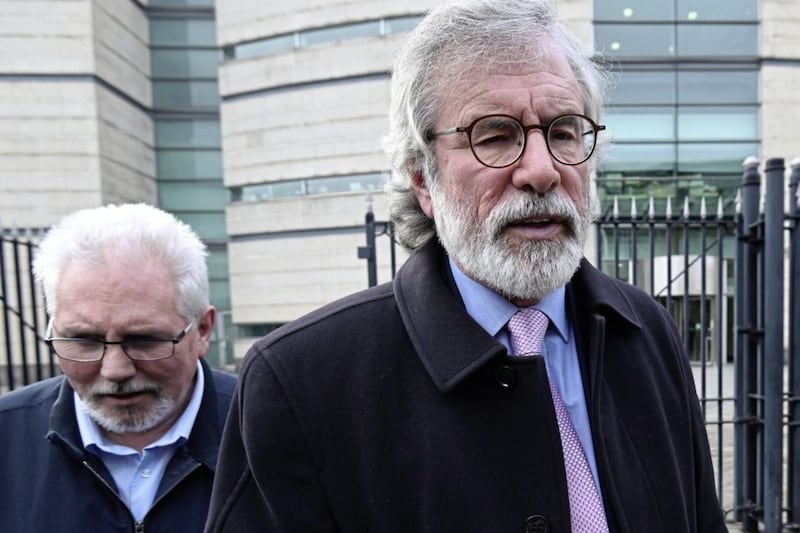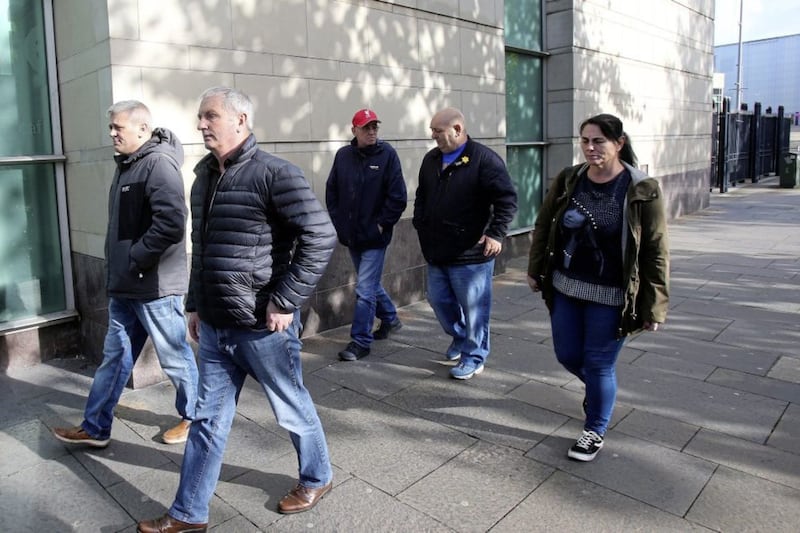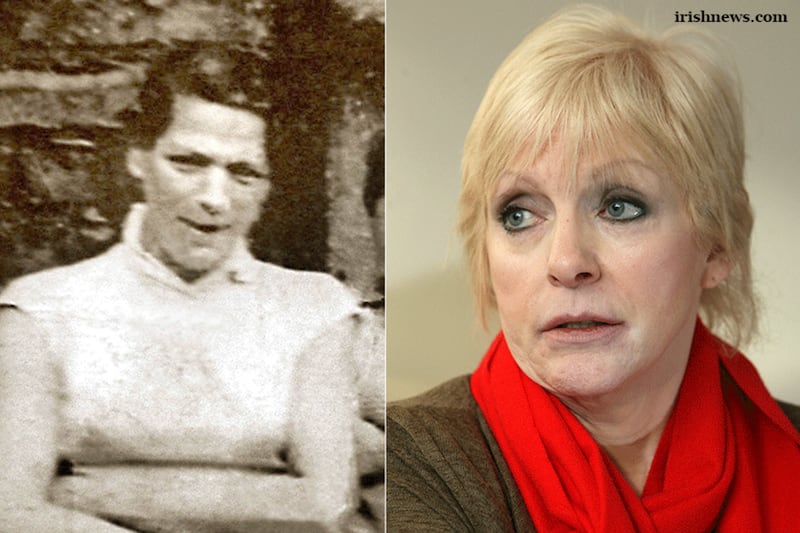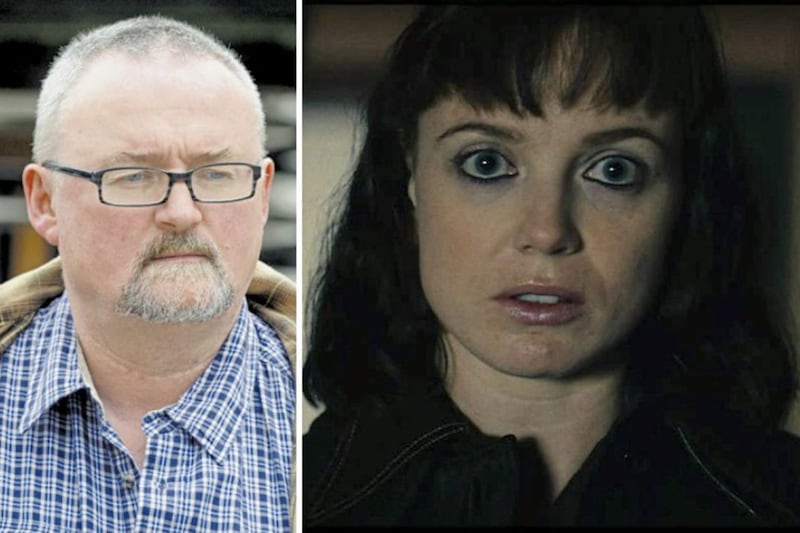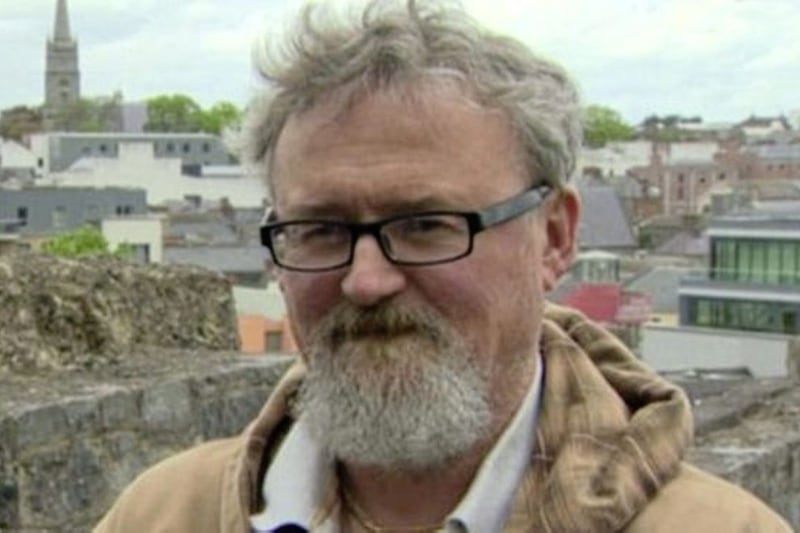A former IRA man who gave interviews for an American university project is being investigated in connection with six alleged offences, the High Court has heard.
Anthony McIntyre is taking legal action in a bid to stop the PSNI and Public Prosecution Service gaining access to his tapes from Boston College.
Senior judges were told he has now been provided with a copy of international letter requesting the recordings - but in a redacted form setting out no details of the suspected crimes.
Lawyers for the PSNI and prosecuting authorities may now seek formal confidentiality through Public Interest Immunity (PII) steps amid fears that full disclosure could compromise the criminal investigation.
McIntyre, who is from Belfast but now lives in the Republic, was one of the main researchers in the major project to compile an oral history of the conflict in Northern Ireland.
Dozens of loyalists and republicans provided testimonies to Boston College on the understanding their account would only be made public after they died.
But those assurances were dealt a blow when legal battles resulted in police securing transcripts and tapes of interviews given by former IRA woman Dolours Price and high-profile loyalist Winston "Winkie" Rea.
Rea (65), from Groomsport, Co Down, appeared before a court on Monday charged with the murders of two Catholic workmen in Belfast more than 25 years ago.
Now the authorities want access to McIntyre's recorded recollection of his own IRA activities.
A subpoena seeking copies of his interviews has been served on Boston College by the British government.
The move involves an International Letter of Request (ILOR) setting out alleged offences being investigated.
McIntyre's lawyers have issued judicial review proceedings against the PSNI and PPS for issuing the ILOR.
They claim police are engaged in a "fishing expedition" and insist the recordings of his activities only contain details of crimes for which he has already served a prison sentence.
It was confirmed today that they have been provided with a redacted version of the ILOR.
McIntyre's barrister, Ronan Lavery QC, said: "The offences themselves are listed, but they aren't specified in terms of date, or time or place."
Responding to his concerns, Peter Coll QC, for the PPS, said there may be no option but to seek a certificate for PII from the Secretary of State.
Lord Justice Weatherup, sitting with Lord Justice Weir, decided issues about the redacted letter should be dealt with before the legal challenge continues.
"The explanation for this is incomplete," he said.
"It can't be that complicated, it's based on some ongoing investigation where, if you made disclosure, it would jeopardise that investigation."
During the hearing Tony McGleenan QC provided an affidavit on behalf of the chief constable outlining the reasons for the ILOR redactions.
He said it refers to sensitive, confidential material which, if revealed, could impede the police probe.
The court was told up to six alleged offences have been identified, with no further details provided.
Mr McGleenan added: "The first step would be to determine whether the chief constable wants to assert the PII claim.
"If we do, that will require a ministerial certificate in respect of those redactions."
But Mr Lavery claimed inconsistencies between the public interest concerns and a separate reason cited of preventing possible destruction or tampering with the requested material.
Following submissions the case was adjourned to next week for a further review.

